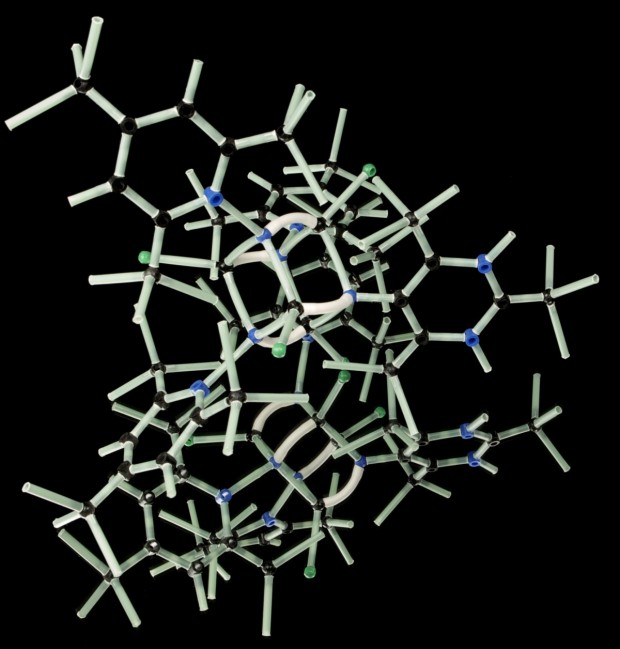Pichia pastoris: The Science Behind The Production Of Recombinant Proteins
By David Thompson
Photo : Photoholgic on Unsplash
Every day something happens in the world that grabs the media's attention in various ways. The world of science is dominated by multiple things, with Covid-19 being on the top of the list. There are so many interesting scientific breakthroughs that are often kept away from the mainstream media. Here, you can glimpse the entire world of science and how it is evolving by the day.
Amidst all the other things that are taking part in the world, scientists have been working day and night on producing recombinant proteins. Let's dive into this world and see how fascinating it is:
Pichia pastoris
-
Before getting involved in this, the first step is to understand where the protein comes from and how it is generated.
-
The first time Pichia pastoris yeast was found and came into question was in France many years ago, embedded in a chestnut tree. From there, it was generated into a methylotrophic microorganism that used methanol as its carbon and energy source.
-
Moving forward, Pichia pastoris is the host that is used to create a recombinant protein. Scientists have been trying to find different ways and means to get the most accurate results for the past twenty years. Since then, the development in technology has allowed them to explore broader spectrums.
-
Different promoters help create the protein, some of which are carbon sources such as methanol, glycerol, and glucose.
Advantages and disadvantages of Pichia pastoris.
Like every other natural discovery in the world, some advantages and disadvantages exist. While many people only focus on the benefits of something, it is also essential to pay attention to the weaknesses.
Here is a brief look into the advantages and disadvantages of Pichia pastoris:
Advantages:
-
Similarity with CHO cells: As I mentioned earlier, Pichia pastoris is a yeast that acts as a host in the production of recombinant cells. While it has its own unique properties, it has several similarities with advanced eukaryotic expression systems, which in simple terms, are known as CHO cells.
-
Posttranslational modifications: Not only does it act as a host in the portion of protein cells, it can also perform post-translational changes between O- and N- linked bond formation.
Disadvantages:
-
Plasmid: Unlike different other forms of bacteria, these kinds of component cells require a large amount of plasmid when they are in their transformation stage. Several promoters regulate the production of recombinant proteins.
There are usually three steps that form the recombinant protein
-
The first step is closing the gene into a suitable expression vector
-
Injecting the cloned vector into the host that is Pichia pastoris.
-
Testing different variants of the protein through trials.
The production of recombinant proteins cannot happen overnight. For someone wanting to produce these proteins, they have to apply suitable biological expression systems. Pichia pastoris is very popular in molecular biology. A simple yeast expression system can generate an optimal protein system.
* This is a contributed article and this content does not necessarily represent the views of universityherald.com









